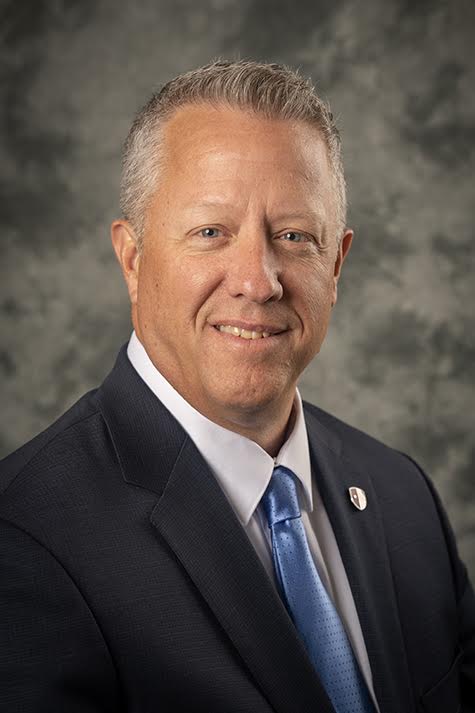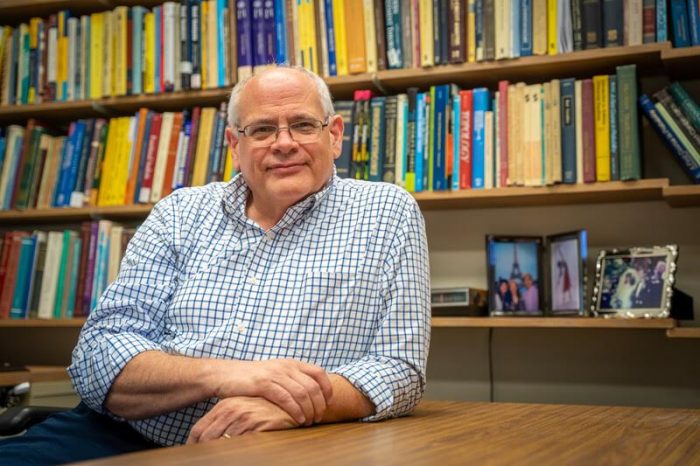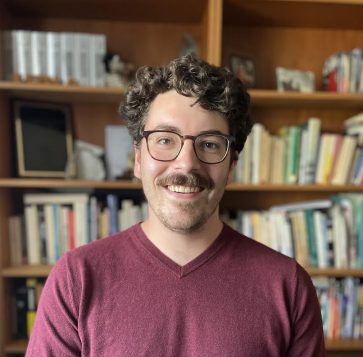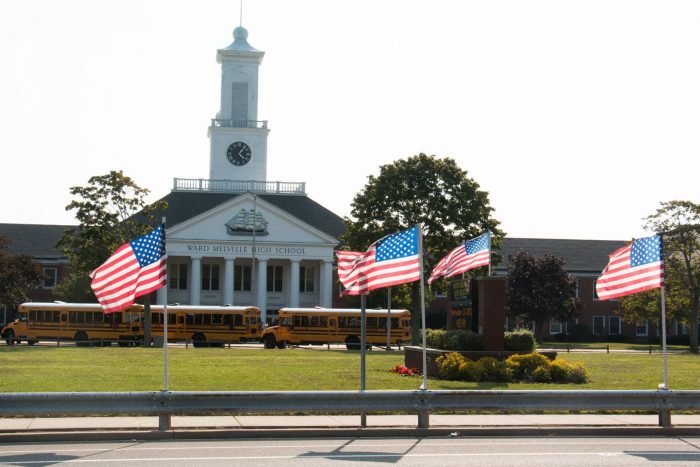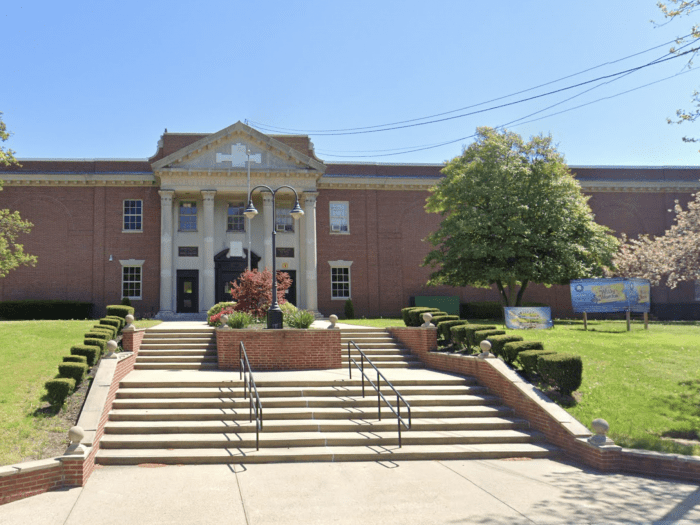Additional transportation costs would come from within the budget
By Mallie Jane Kim
Will Three Village secondary students get 35 minutes more sleep?
Most parents who showed up to comment publicly at school district-sponsored forums Sept. 10 and 17 believe they should.
“This is basic biology,” said one parent, who identified herself as a neurologist and pointed to scientific studies on adolescent sleep needs. She said allowing teens to sleep later impacts more than academics and test scores. “Mental health improves, physical health improves, there are less motor vehicle accidents from those seniors,” she said. “It really seems like a very small price to pay for all of those advantages.”
The school board is considering a proposal to shift Ward Melville High School’s start time to 7:40 a.m., from 7:05, and push the junior high schools back from 7:40 a.m. to 8:15. Under the plan, Minnesauke Elementary School would join the three schools that start at 9:25 a.m., and Nassakeag would stay at 8:40.
The district is gathering feedback from all residents and employees through an online form to inform the school board’s decision. Each household in the district was sent a flier with a QR link to the form.
The proposed schedule requires nine additional buses and will add an estimated $1.4 million to the transportation budget, based on the district’s 2024-25 contract with the bus company, which is subject to change. Those funds, however, will have to come from within the existing overall budget, which for this school year is $236 million. Superintendent of Schools Kevin Scanlon has made it clear there is no will within the district to go above the state-mandated limits on increasing taxes year over year.
“We don’t have an unlimited pot of money,” Scanlon said. “We do not want to exceed the tax cap for any of these issues.”
The superintendent noted that the district has already been working to tighten its belt anywhere possible, including a $770,000 savings from restructuring the administration and about $3 million from retirements last year.
At the forums, some parents pointed out that in the context of a $236 million budget, $1.4 million amounts to about half a percent.
“I can’t think of anything we could do that is this easy for a million dollars that could benefit the kids this much,” commented one parent on Sept. 17.
District officials have publicly acknowledged they believe early school start times are a major problem for adolescents but have pointed to issues of transportation logistics and related costs in delaying a change.
Scanlon, who mentioned about 10% of high school students chronically miss first period, presented a detailed background of efforts to make secondary school start times later, as well as the rationale for trying to do so.
“The issue for us is the way the schools are structured,” Scanlon explained, referring to the staggered school start times that allow the district to use far fewer buses than if all the schools started around the same time. “This is saving us money — if we change back to a different configuration, it’s going to cost us money.”
The current setup started in 2011, after the district adjusted start times to use fewer buses. For that effort, Three Village received a management efficiency grant from New York State paid out over three years and totaling $747,789, according to the district.
But some commenters said these early start times highlighted an equity issue within the district: Certain parents have the ability to drive their students to school in the morning, which isn’t possible for those who have to be at work early or do not have anyone to stay home with younger sleeping children.
“What we’re saying is the kids who have advantages — whether that be financial or their parents’ time — can sleep an extra half hour or 45 minutes and do better in school,” one woman argued. “And their mental health is more important than those kids who don’t have those advantages. That’s really troubling.”
Not all public commenters were against the early start times.
“I thought it was disciplined,” said a woman who identified herself as Karen and said she had two Three Village graduates and current student. She added that her son couldn’t compete as a track athlete because he was up too late at night, studying.
“If we had moved that start time up later, he would have stayed up even later,” she said. “I know in my household, it would not work.”
Others on social media and at the forums raised concerns about future transportation costs soaring due to the New York State mandate to electrify bus fleets in coming years, something Scanlon emphasized was out of the district’s control and an “unfunded mandate.”
Scanlon indicated that, as of the Sept. 17 meeting, about 200 people had participated in the online survey, and so far the opinions were varied. He encouraged every stakeholder to participate and let the school board hear their feedback.
“They read everything,” Scanlon assured audience members. “They will read every comment made by every community member, good, bad and indifferent.”
The online feedback form will be open until Sept. 30, and the board of education plans to discuss the issue in October.


